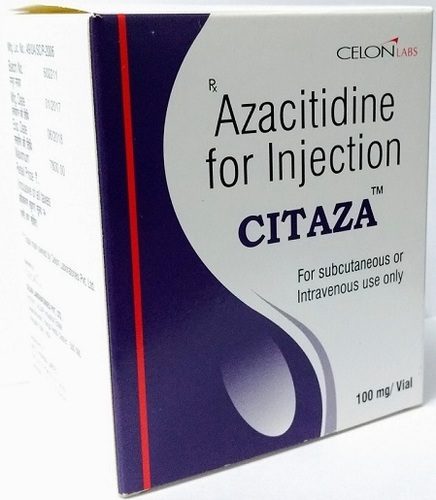
CITAZA Azacitidine Injection
Product Details:
CITAZA Azacitidine Injection Price And Quantity
- 35.00 - 45.00 USD ($)/Pack
- 5 Pack
CITAZA Azacitidine Injection Trade Information
- Asia Australia Central America North America South America Eastern Europe Western Europe Middle East Africa
- All India
Product Description
Myelodysplastic syndromes (MDS) and acute myeloid leukaemia (AML) are two examples of blood illnesses that can be treated with Citaza (Azacitidine Injection). Azacitidine is a nucleoside analogue that functions by preventing DNA methylation, aiding in the restoration of regular cell activity and encouraging the generation of healthy blood cells. Professionals in the medical field provide the injection intravenously or subcutaneously, with dosage and frequency of treatment individualised based on the patient's health and response. For patients who are not candidates for traditional chemotherapy or stem cell transplant, Citaza offers a valuable therapeutic option. In order to properly control potential side effects and improve treatment outcomes, regular monitoring is essential during treatment.
CITAZA (Azacitidine Injection) Features and Advantages:
1. Azacitidine, a nucleoside analogue found in CITAZA, acts by preventing DNA methylation, encouraging the formation of healthy blood cells, and reestablishing normal cell function.
2. Treatment for Blood abnormalities: It is used to treat intermediate- and high-risk myelodysplastic syndromes (MDS), a class of blood abnormalities.
3. Acute Myeloid Leukaemia (AML): In some circumstances, CITAZA is also used to treat acute myeloid leukaemia.
4. The injection can be administered intravenously or subcutaneously, giving doctors more options for how to treat their patients.
5. Individualised treatment plans are created for each patient based on their unique medical needs, therapeutic response, and dosage requirements.
6. Hypomethylating Agent: CITAZA works as a hypomethylating agent to change gene expression, which boosts the creation of blood cells.
7. Prolonged Survival: CITAZA treatment has been demonstrated to increase overall survival and slow disease progression in MDS and AML patients.
8. CITAZA provides patients who are ineligible for traditional chemotherapy or stem cell transplants with a valuable therapeutic option.
9. Disease Stabilisation Possibility: CITAZA may slow the spread of the disease, lowering the requirement for blood transfusions and enhancing the patient's quality of life.
10. Experienced Clinical Use: CITAZA has a well-established safety and efficacy profile and has been investigated and used in clinical practise to treat blood problems.
CITAZA Azacitidine Injection should only be provided by qualified healthcare experts who can carefully monitor its results and appropriately handle any potential side effects. The choice to take CITAZA should be determined in conjunction with the patient's unique blood problem type, stage, and overall health in cooperation with the medical team.
CITAZA (Azacitidine Injection) uses include:
1. Myelodysplastic Syndromes (MDS): The main indication for the use of CITAZA is the treatment of myelodysplastic syndromes, a class of blood illnesses characterised by inefficient blood cell formation.
2. It is also applied to the treatment of the aggressive blood malignancy known as acute myeloid leukaemia (AML).
CITAZA Azacitidine Injection Side Effects:
1. One of the most frequent adverse effects is bone marrow suppression, which lowers platelet and red, white, and other blood cell counts.
2. Gastrointestinal Disturbances: During treatment with CITAZA, nausea, vomiting, diarrhoea, and constipation are frequent adverse effects.
3. Reactions at the Injection Site: Patients could suffer discomfort, redness, or swelling there.
4. Weakness: Some people may experience weakness and weariness after taking CITAZA.
5. Fever: Fever has been noted on occasion when receiving therapy.
6. Anaemia: Bone marrow suppression may result in anaemia (low red blood cell count).
7. Infections: Because CITAZA can decrease the immune system, infections are more likely.
8. Bleeding: An increased risk of bleeding may result from low platelet counts.
9. Effects on Liver and Kidneys: Close monitoring is necessary during treatment because it may have an impact on liver and kidney function.
10. Hypersensitivity Reactions: Severe allergic reactions that necessitate emergency medical attention can occasionally occur in rare circumstances.
Under the care of qualified healthcare experts who can carefully monitor the patient's response to the medication and successfully handle any potential adverse effects, patients should get CITAZA Azacitidine Injection. For each patient's unique medical state, the advantages of utilising CITAZA in the treatment of myelodysplastic syndromes or acute myeloid leukaemia should be carefully evaluated against the potential hazards.
Other Products in 'Anti Cancer Injection' category
 |
MEHADIA TRADELINKS
All Rights Reserved.(Terms of Use) Developed and Managed by Infocom Network Private Limited. |

 English
English Spanish
Spanish French
French German
German Italian
Italian Chinese (Simplified)
Chinese (Simplified) Japanese
Japanese Korean
Korean Arabic
Arabic Portuguese
Portuguese
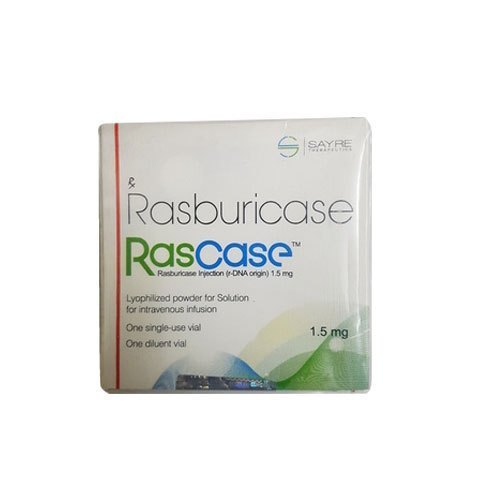
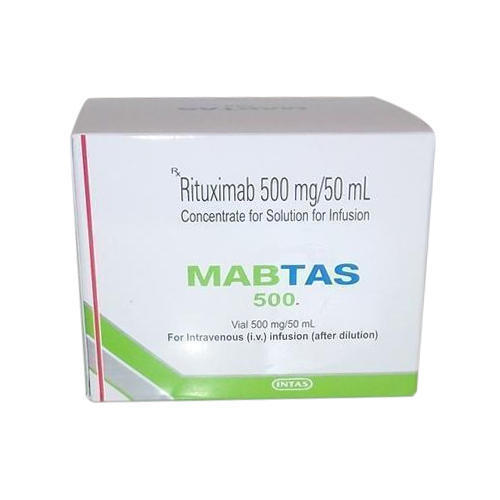
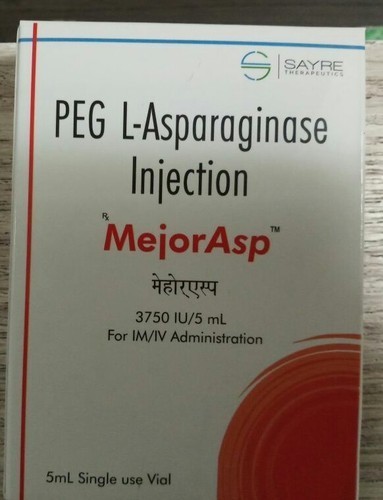
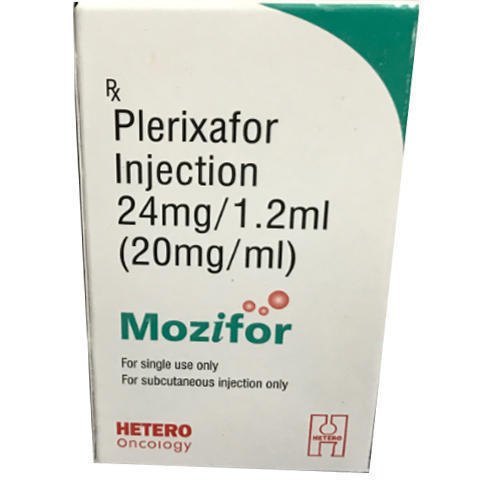
 Call Me Free
Call Me Free